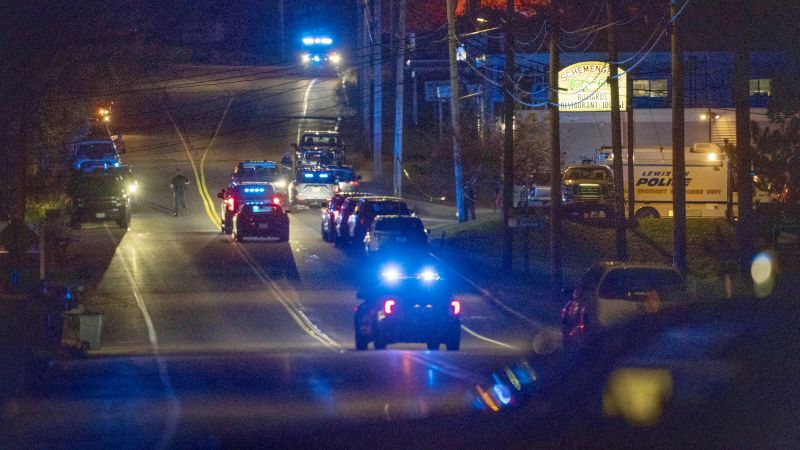
Police requests to seize guns from high-risk individuals soar after Maine’s deadliest mass shooting
CNN
There has been a huge jump in law enforcement requests for Maine courts to allow guns to be seized from people deemed a danger to themselves or others since the deadliest mass shooting in state history, the governor said Friday.
There has been a huge jump in law enforcement requests for Maine courts to allow guns to be seized from people deemed a danger to themselves or others since the deadliest mass shooting in state history, the governor said Friday. Maine’s extreme risk protection order law was strengthened after an Army reservist killed 18 people at two locations in the city of Lewiston last October. Since the attacks, the law has been used 15 times more often than it was during the three previous years, Gov. Janet Mills said at a news conference. “It is clear that, following last year’s tragedy, more and more law enforcement officers across the state are taking this law seriously, have taken state-provided training on its use, and are now using it on a daily basis to remove firearms from those who should not have them,” Mills said. The governor didn’t say how often courts granted the requests under the beefed-up statute. Gun control advocates say these so-called yellow flag and red flag laws are crucial to keeping firearms out of the hands of dangerous people, including people with serious mental illnesses. Some in the gun lobby argue that such laws infringe on people’s constitutional right to bear arms. Mills’ news conference came hours after the state police released a report that outlines the lessons learned following the Oct. 25, 2023, mass shooting and makes multiple recommendations for improvements in tactical response, incident management, training and other areas. One of the report’s primary recommendations is that the state police incorporate new active-shooter training “for a more coordinated response during significant incidents and/or mass casualty incidents.”













